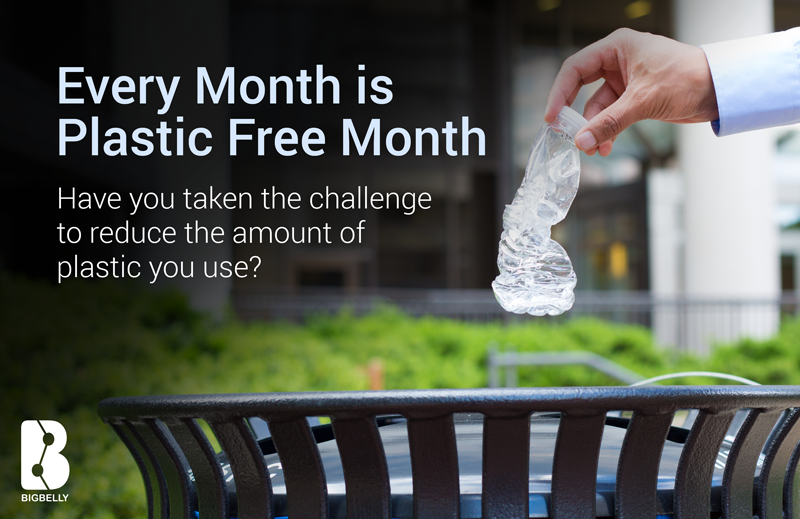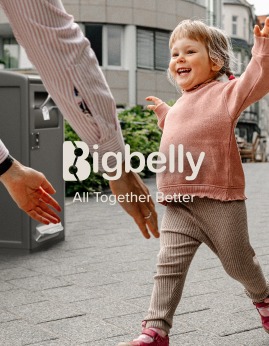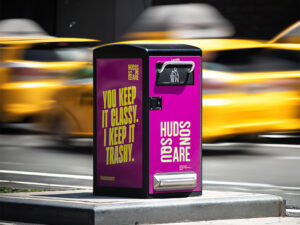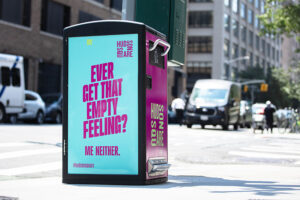
Did you know it’s Plastic Free July? Have you taken the challenge to reduce the amount of plastic you use, specifically single-use plastic? If not, a few weeks remain in the challenge. However, there’s little reason to not continue to adopt changes for the long term. It’s an effort many cities would applaud!
Cities and towns worldwide are banning plastic – from plastic bags to single-use plastic and Styrofoam containers. The reasons vary from sustainability inaititives to cutting waste management costs. A recent example that you may have heard in the media was New York City’s ban of expanded polystyrene foam which cannot be recycled and cause environemntal harm.
There’s a groundswell of effort focused on educating and raising awareness of the amount of single-use disposable plastic in daily life. Organizations like Plastic Free July are also challenging people to do something about it by simply reducing their use of single-use plastic. For many people, the first step – a rather easy one – is to avoid plastic bags, water bottles, takeaway coffee cups, and straws.
Cities and towns are reaping the benefits from continued reduction of the single-use plastic from making it into the waste stream.
According to Plastic Free July, “Every bit of plastic ever made still exists somewhere and in the first 10 years of this century there was already more plastic produced than the entire last century.” Plastic, which is designed to last forever, is used every day mostly for disposable items that last only a few minutes before becoming trash. Sure, some of it is recycled but most finds its final resting place in a landfill or in the environment. For municipalities that means more windblown litter on the streets, and in parks, lakes, rivers, and streams. The growing use of plastic also means greater volumes of trash collected and disposed of. Garbage collection and disposal is not free. We’ve previously explored why urban waste management is no laughing matter.
You may say, “Focus on recycling.” It is important but is not a solution that appears it can keep up with growing consumption. Rates of recycling are low, especially in public or urban settings where recycling units are not always present and communities are consistentnly looking for ways to increase their recycling rates.
When it comes to plastic there are three new “Rs”—refuse, reduce, and reuse. Are you ready to take the challenge today and beyond? Here are some of our favorite ideas for inspiration on how to lead a plastic-free lifestyle:
- Shopping
- Carry reusable shopping bags (and remember to use them!)
- Make a batch of reusable produce bags for grocery stores and farmer’s markets
- Buy beans in bulk and cook them at home, avoiding the plastic lined alumninm cans.
- Lifestyle
- Do away with the days of bottled water! The easiest and most cost effective way is to carry a reusable, stainless steel bottle or travel mug bottle with you and fill it up.
- Enjoy an ice cream cone and leave the plastic-lined cup and spoon behind!
- Use reusable foodware at the office and avoid the lunchroom plastic plates and utensils.
- Home
- Opt for bar soap over liquid hand soap to remove that plastic pump.
- Ditch the shampoo and conditioner bottle. Instead use shampoo bar or other plastic-free options; there are plenty of recipes for alternative shampoo/conditioner available on the Internet.
- Be creative with ways to wrap gifts without plastic tape. Think of all of those gift bags saved for another use… It’s time to use them!
Plastic free tips gathered from: My Plastic Free Life and the Plastic Free July Facebook page. What other tips would you suggest for the plastic free challenge?



